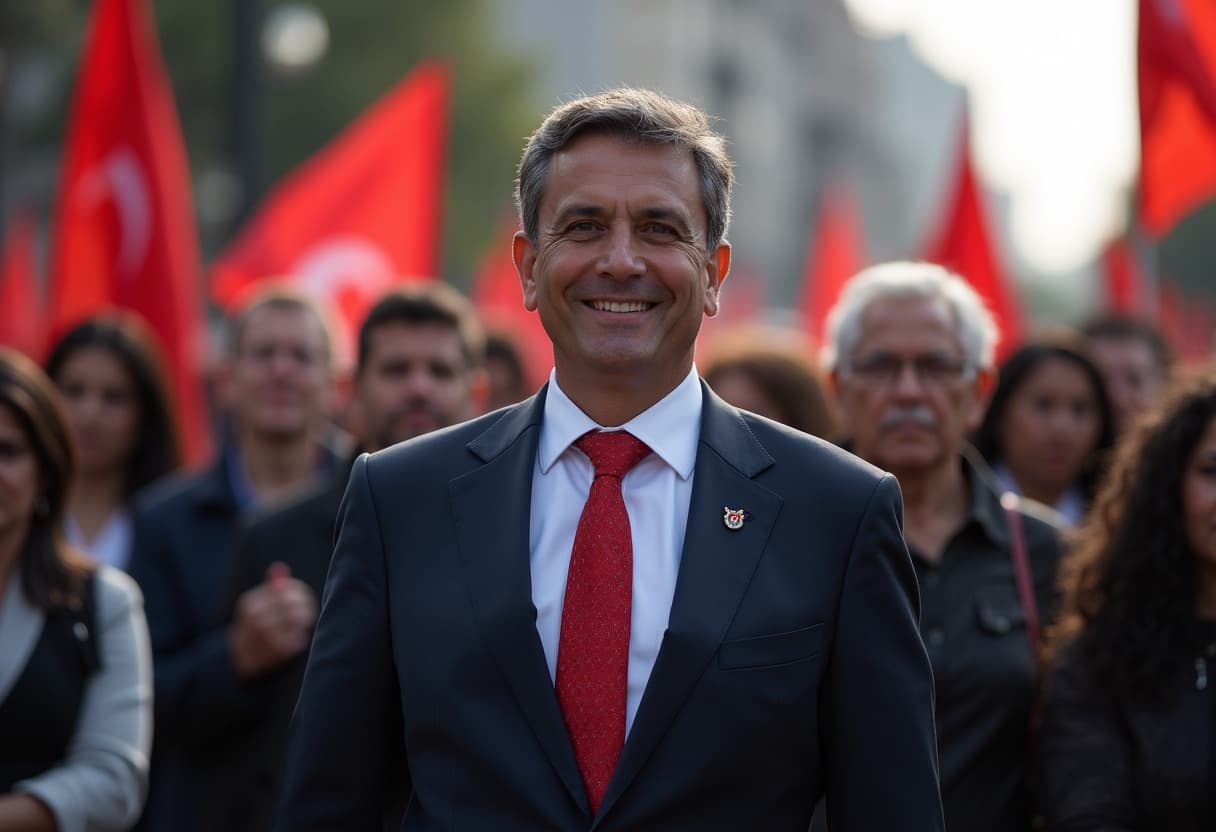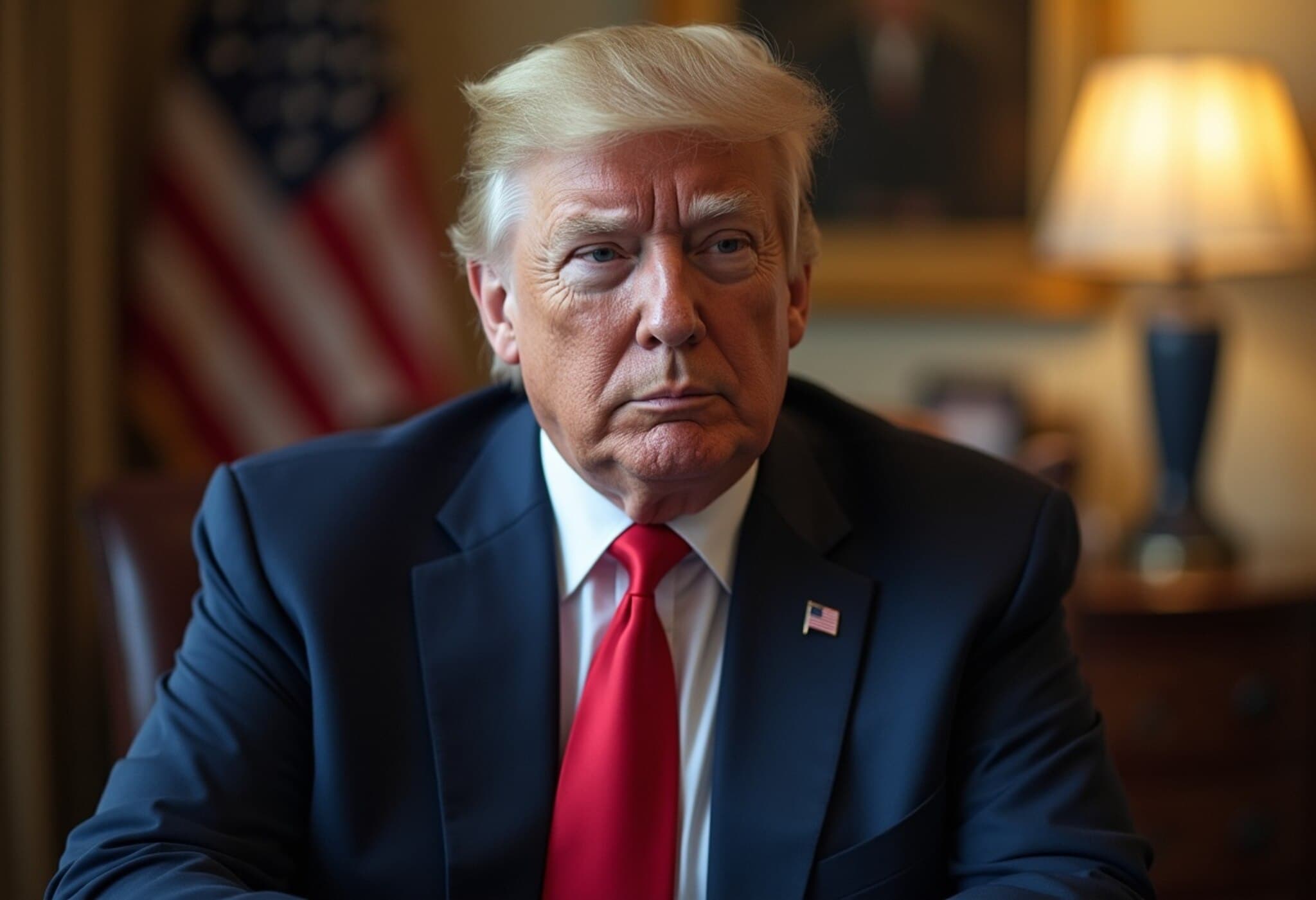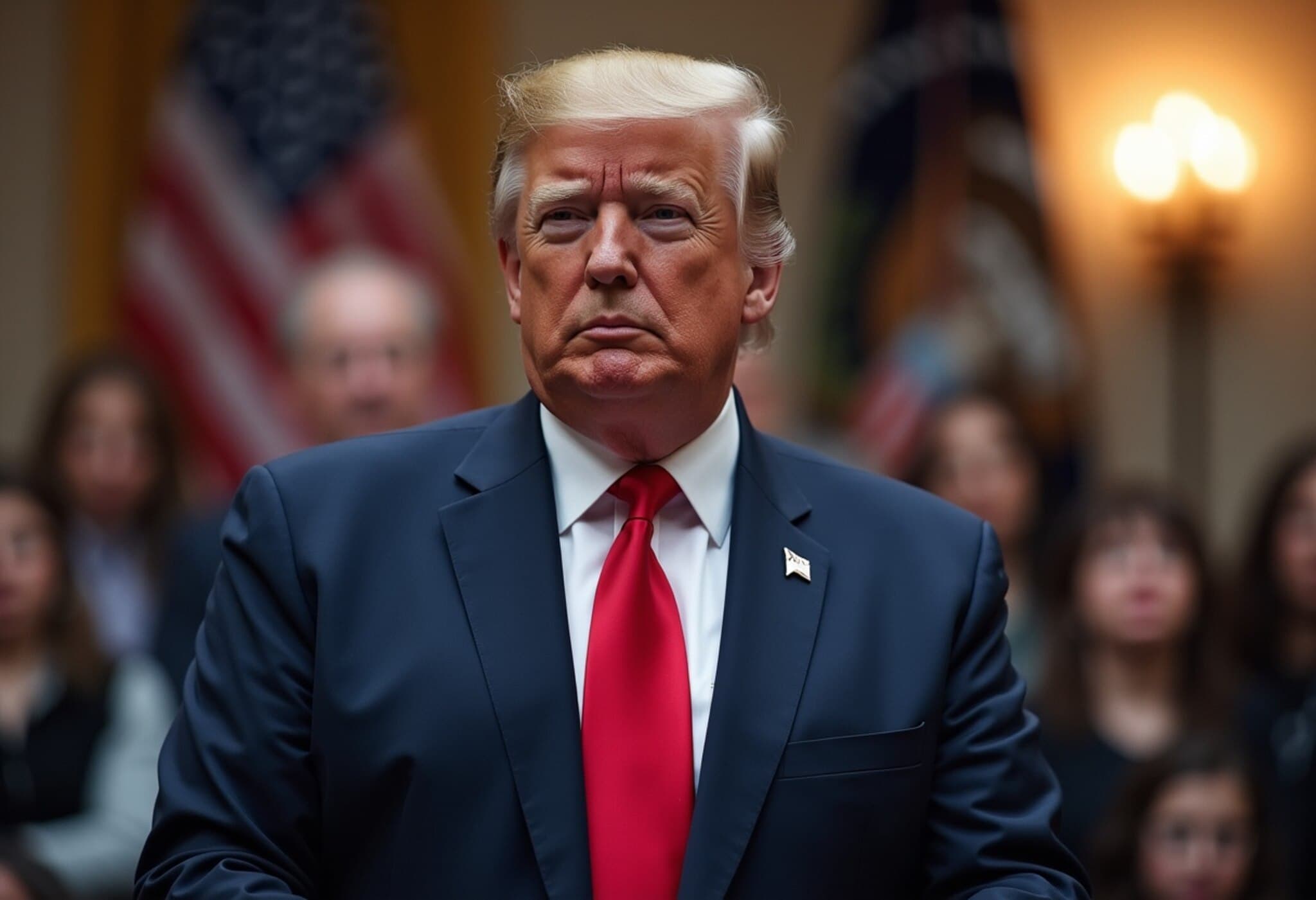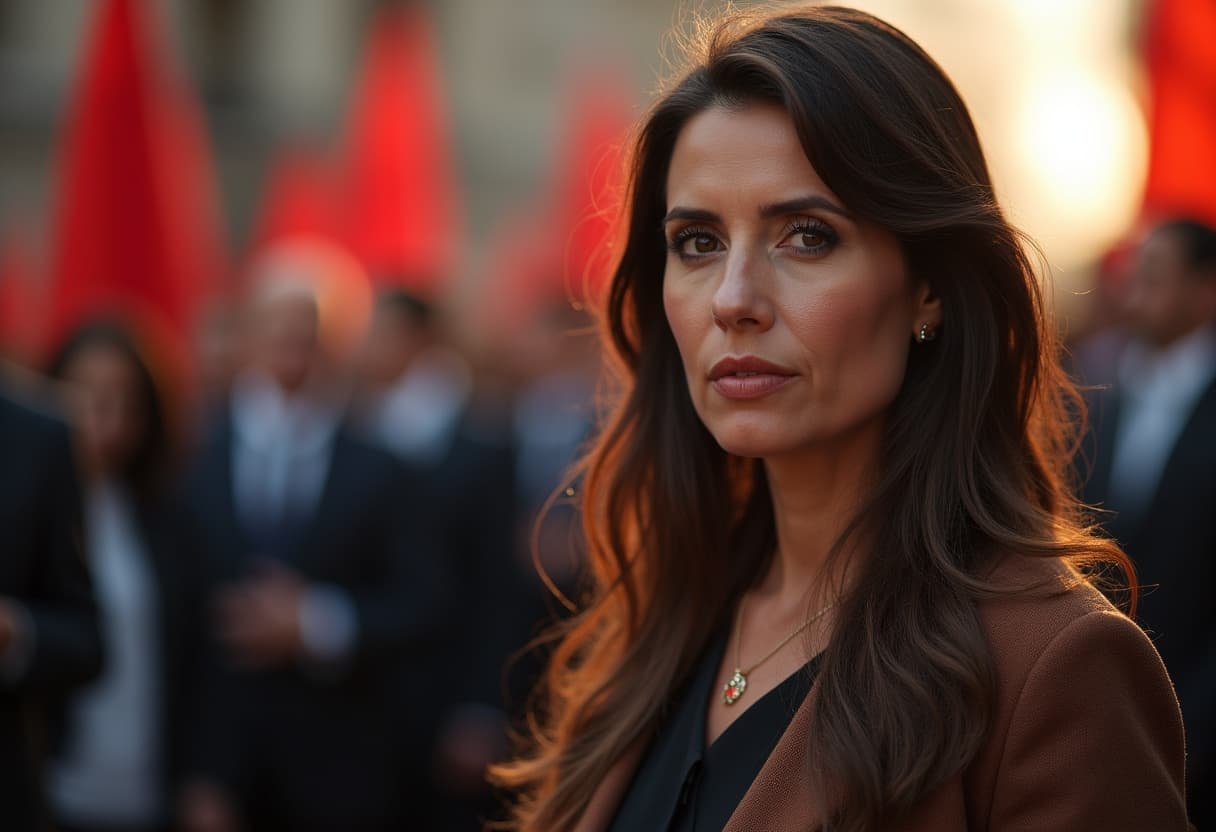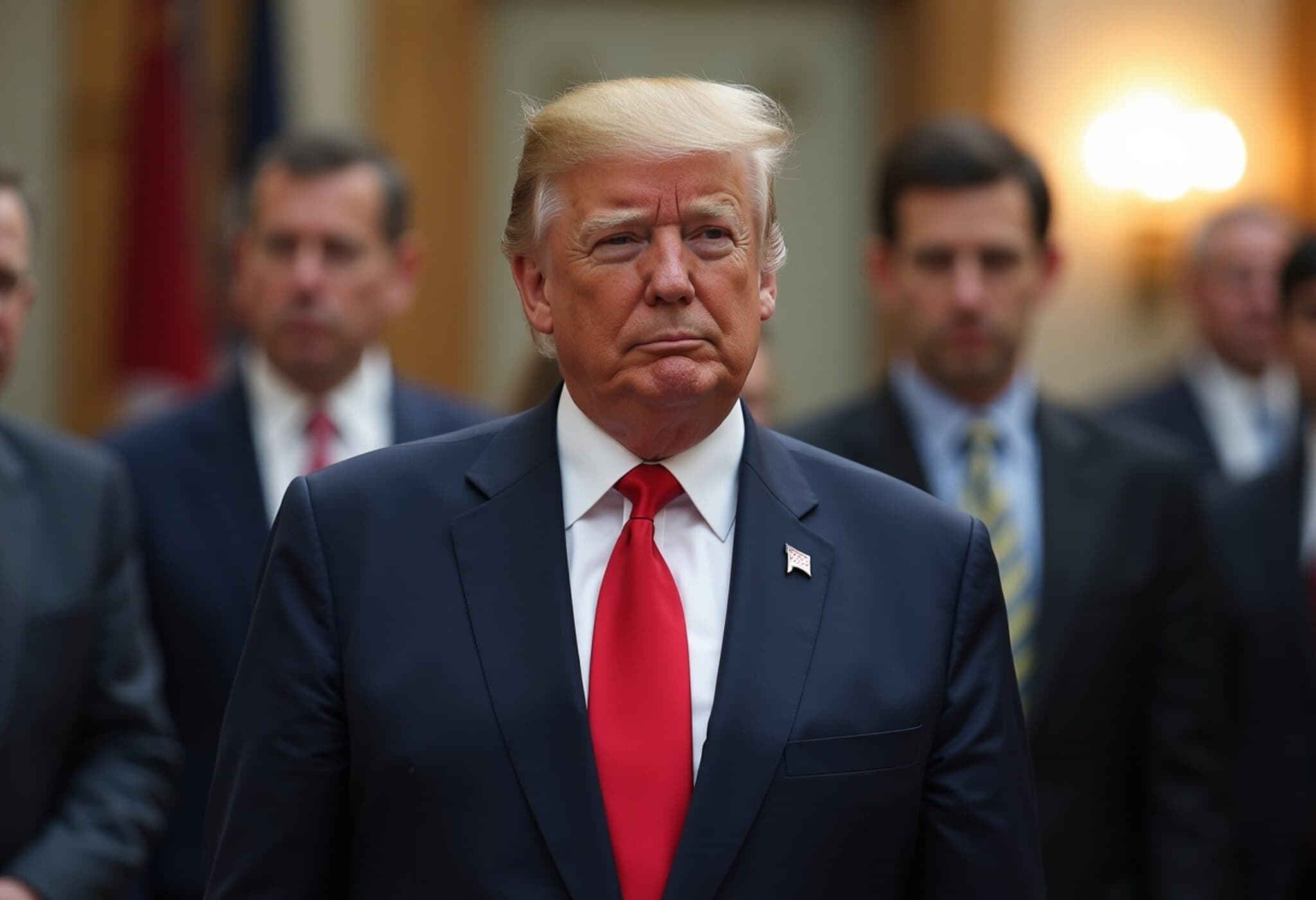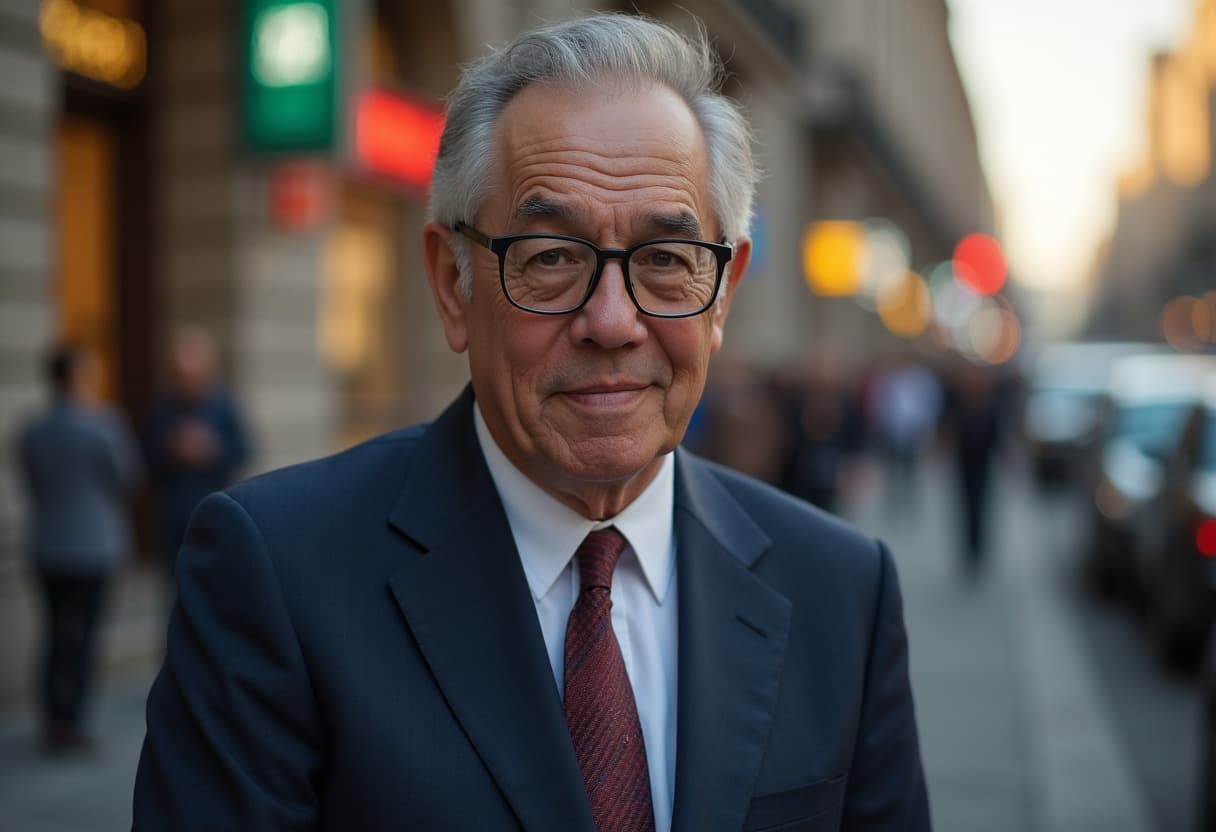Rafael López Aliaga: Lima’s Polarizing Mayor with a MAGA Flair
In the bustling capital of Peru, Lima, a city of over 10 million people, one man commands both fervent support and heated criticism: Rafael López Aliaga, nicknamed “Porky” for his resemblance to the classic cartoon character Porky Pig. Since becoming Lima’s mayor in 2022, López Aliaga has captivated public attention by adopting a combative, unapologetically conservative style reminiscent of former U.S. President Donald Trump.
At 64, he represents a striking new face in Latin America’s right-wing political landscape. While not yet as internationally recognized as Argentina’s Javier Milei or Brazil’s Jair Bolsonaro, López Aliaga is clearly positioning himself as Peru’s leading candidate for the presidential election in April 2026, aligning himself openly with the MAGA (Make America Great Again) movement.
The Trump Connection: Style, Strategy, and Substance
López Aliaga’s rise to prominence is deeply entwined with his embrace of Trump’s brash rhetoric and tactics. He proudly identifies as a follower of Trump, mimicking his populist outrage against the political left, whom he brands as “lying, thieving, and murderous.” This vocal opposition extends to his critique of abortion rights, communism, and progressive policies that he believes stifle Peru.
He has also distanced himself from mainstream Peruvian political norms by declaring his celibacy and active involvement with the conservative Catholic order, Opus Dei — a detail that adds a unique moralistic edge to his public persona.
Experts observe that López Aliaga’s frequent use of conspiracy-tinged narratives and polarizing language echoes a global pattern among far-right leaders exploiting public distrust in institutions. For example, he famously uses the term "caviares" (Spanish for “caviar”) to deride progressives, accusing them of benefiting politically from societal suffering — a contemporary twist on class warfare that resonates with many disillusioned voters.
From Lima to the World Stage
López Aliaga’s international ambitions are palpable. He participated in the Conservative Political Action Conference in Argentina last year, a prominent event organized by U.S. conservative activists. He has snapped selfies at Trump’s U.S. presidential inauguration and recently held a memorial for American conservative activist Charlie Kirk in Lima, a move that puzzled some locals unfamiliar with Kirk's global conservative activism.
This keen alignment with the U.S. MAGA movement is more than stylistic; it points to a vision that seeks to position Peru as part of a broader global struggle against leftist ideologies.
Local Impact and Mixed Opinions
Beyond his political posturing, López Aliaga’s tenure as mayor has drawn mixed reviews. A former railway and hotel magnate, he has made public works projects like expanding roads and railways a centerpiece of his administration — a tangible benefit in a city notorious for traffic and urban congestion.
- Supporters, like local artist Edison Mejía, applaud López Aliaga’s drive, stating: “At least he’s trying. Lima needs public works. Other politicians just take their fat salaries while nothing changes.”
- Detractors accuse him of authoritarian tendencies, incompetence, and intolerance—highlighting his penchant for fiery rhetoric, including past calls for violence against political opponents and journalists.
Calls for Drastic Reforms
Heading into the 2026 presidential election, López Aliaga has proposed sweeping reforms, including:
- Eliminating most government ministries to reduce bureaucratic inefficiency.
- Sending dangerous criminals to El Salvador, following a controversial regional trend.
- Deploying armed troops to secure Peru’s borders amid concerns of security threats.
- Using military courts to try what he terms “urban terrorists.”
He has also expressed support for U.S. efforts to combat drug trafficking in the Caribbean and advocates forging stronger ties with Washington to counterbalance China’s dominant economic influence in Peru.
Controversy and Legal Scrutiny
López Aliaga’s confrontational attitude extends to the press, particularly toward investigative journalist Gustavo Gorriti and the NGO IDL-Reporteros. Gorriti’s investigations into the mayor’s financial dealings have coincided with public prosecutors’ probes into possible financial irregularities associated with López Aliaga’s companies.
In a controversial statement prior to the assassination of American conservative activist Charlie Kirk, López Aliaga said Gorriti should be “eliminated once and for all.” While the mayor clarified he meant legally, not physically, such rhetoric has raised alarm about increasing hostility against free press and dissent in Peru.
Gorriti condemned these attacks as part of a “neo-fascist playbook” relying on conspiracy theories to target critics and consolidate power.
Expert Perspective: A Populist Battleground
Peruvian political analyst Eduardo Dargent notes that López Aliaga’s use of “caviares” reflects a populist dynamic of defining a clear enemy to rally supporters — akin to “limousine liberals” in U.S. politics but amplified in Peru’s complex social landscape.
This divisive approach exploits genuine frustrations around inequality and political corruption but risks deepening polarization in an already fragmented nation.
What Lies Ahead for Peru?
As the April 2026 presidential election approaches, López Aliaga’s candidacy underscores a pivotal crossroads for Peru. His rise illustrates a broader regional and global trend: the fusion of local grievances with transnational right-wing movements, harnessing media-savvy populism to challenge established political orders.
For voters and observers, the pressing questions are:
- Can López Aliaga deliver tangible improvements without exacerbating political divisions?
- What does his embrace of MAGA-style politics mean for Peru’s democracy and social cohesion?
- How should international partners, especially the U.S., engage with emerging far-right leaders in Latin America?
Editor’s Note
Lima’s Mayor Rafael López Aliaga exemplifies the convergence of global populist strategies with local political realities. His ascendancy invites a critical examination of how charismatic leaders wield media and ideology to shape public opinion amid institutional distrust. As Peru braces for a consequential election, understanding this phenomenon is essential not only for Latin America but for the broader study of populism’s evolving role in 21st-century democracy.










